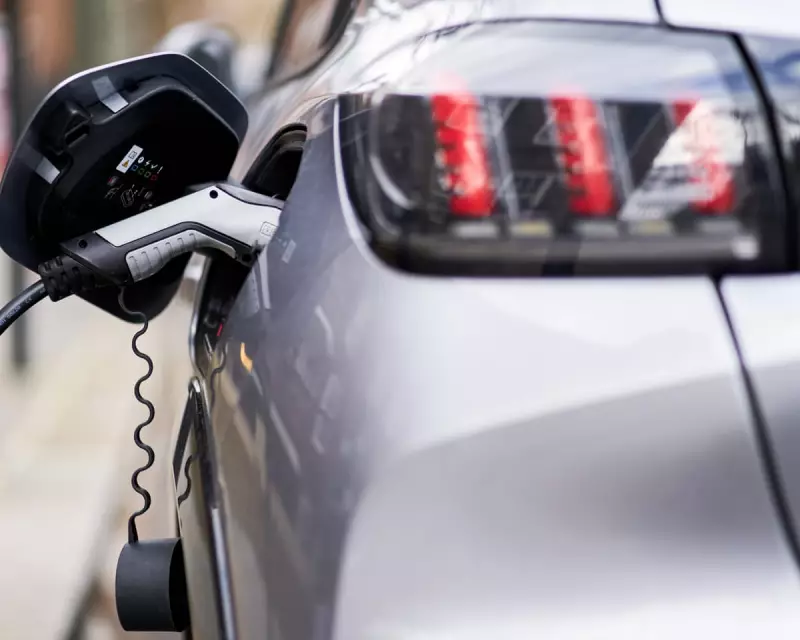
Budget Announcement Sparks EV Taxation Debate
The recent budget announcement introducing a per-mile tax on electric vehicles has ignited significant controversy among motorists and policy experts alike. While the government presents this as the first step towards reforming vehicle taxation, critics argue it represents an unfair approach that penalises environmentally conscious drivers.
Expert Proposes Alternative Energy-Based Tax System
Edward Leigh, who provided evidence to the 2021 Commons transport committee's road pricing inquiry, argues that taxing EVs on electricity consumption would be fairer than the proposed per-mile system. Taxes on fuel naturally account for vehicle weight and efficiency, which directly correlate with external costs like road wear, collision severity, and carbon emissions.
Leigh highlights the current inconsistency in electricity taxation, where home chargers pay 5% VAT, public charge point users pay 20% on higher tariffs, and businesses can reclaim VAT. His solution involves EVs logging both mileage and electricity consumption, with data cross-checked and taxed at point of use rather than charging.
The proposed tax rate for parity with petrol and diesel vehicles would be approximately 23p per kWh, including existing VAT, compared to the current 7p per mile equivalent for conventional vehicles.
Public Backlash Against Per-Mile Charge
David Abrams from Fareham expresses horror at the chancellor's introduction of a 3p per mile charge for electric vehicles, noting it applies even when driving abroad. He highlights the growing financial burden on EV owners, who already face higher public charging costs, vehicle excise duty, and upcoming congestion charges.
Abrams questions the fairness of penalising drivers who followed government advice to switch to electric vehicles for environmental reasons. He advocates for a universal road pricing system where higher polluters pay proportionally more, reflecting their environmental impact through variable rates per mile.
The debate continues as the government faces pressure to balance tax revenue needs with its environmental commitments and fairness towards early EV adopters.





